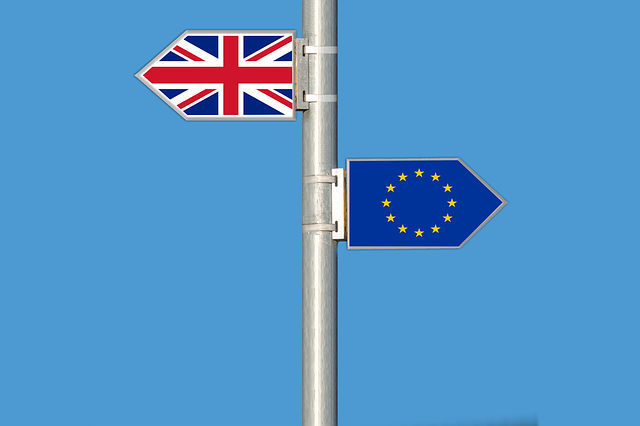Brexit is one of the most controversial political developments in the history of the United Kingdom. Over the last three years, economists and political pundits have written extensively about the implications of Brexit at the national level. Fewer experts have discussed the impact Brexit is going to have on the technology industry, which warrants further analysis.
Technology companies throughout the UK are concerned about the consequences of Brexit. They fear that it is going to stifle innovation, cripple revenue and hurt job growth. Since London is home to the largest and most rapidly growing technology hub in the country, it could be significantly hurt by the inevitable Brexit agreement.
It could take a massive toll on even the most established technology companies in London. However, the impact on technology startups could be far more devastating. Still, startup success remains possible during a post-Brexit Britain. Here’s what you need to know:
What Are The Implications Of Brexit For The London Technology Industry?
Last month, Barry Collins of IT Pro published a concise analysis of the costs of Brexit. He pointed out that discussions between the UK government and Brussels have stalled for the past three years. However, there are new indications that Boris Johnson is inching closer to a deal that could finally reach a resolution within the next couple of months.
Collins went on to highlight some of the greatest concerns for technology companies. IT Pro and other industry analysts have raised additional concerns.
What are some of the ways that Brexit could harm the technology industry? Here are some of the most likely problems that various experts have raised.
Contracting The Pool Of Talented Technology Professionals
The London technology industry is highly dependent on immigrants to fuel its workforce. The United Kingdom is not producing enough engineers to meet industry demands on its own.
This has not been a major concern for London based technology companies in the past. However, a Brexit deal would bottleneck immigration from other parts of Europe. As a result, a major shortage of qualified technology professionals could ensue. Today’s IT professionals need to understand how to navigate workload automation tools and incorporate DevOps into their organizations.
The UK would need to start issuing visas to talented technology professionals to meet these demands. Unfortunately, there are a couple of reasons that this solution would be imperfect:
- Immigration officials will need to start issuing visas to engineers and other technology professionals from other parts of Europe. They might not have the staff to handle and process visa applications right away. They would also need to reevaluate the immigration process and decide whether the new requirements should be different from other countries.
- Technology professionals from EU member states might forgo seeking employment in Britain. They could get employment in other parts of Europe without having to go through a long, arduous visa application process. They would probably only go through the hassle to get jobs in high-paying companies, which would leave newer startups at a huge disadvantage.
Even startups in London would have difficulty filling job vacancies.
Startups Would Have To Deal With The Challenges Of Different Sets Of Regulations
The European Union created a uniform set of regulations for all member states. In general, companies defer to EU requirements for most of their regulatory needs.
London startups would not be so lucky after Brexit. Brexit would void EU regulations that the country used to rely on. These regulations include the Global Data Protection Requirement (GDPR) and other new laws that member states might yet not have created their own framework for at the local level.
After Brexit is finalized, the UK government will need to create similar regulations to satisfy the requirements that are codified into EU law. Of course, these regulations might not be identical to those that are instituted in mainland Europe. Startups that are doing business both in London and the European Union will need to be familiar with two different sets of regulations and make sure that they follow them.
Startups that are doing business both in London and the European Union will need to be familiar with two different sets of regulations. This can create a compliance nightmare that could be very costly for new companies on limited budgets.



